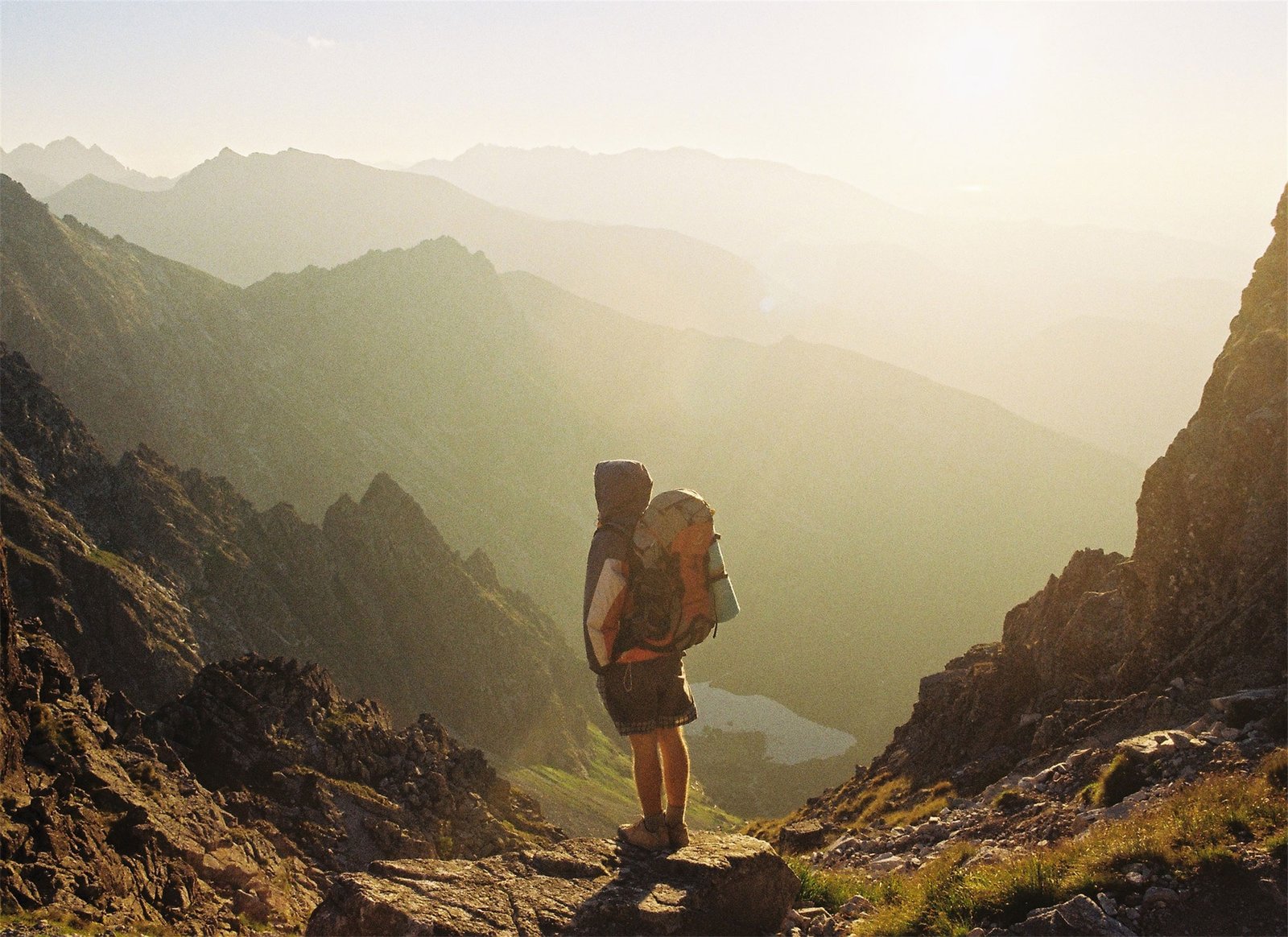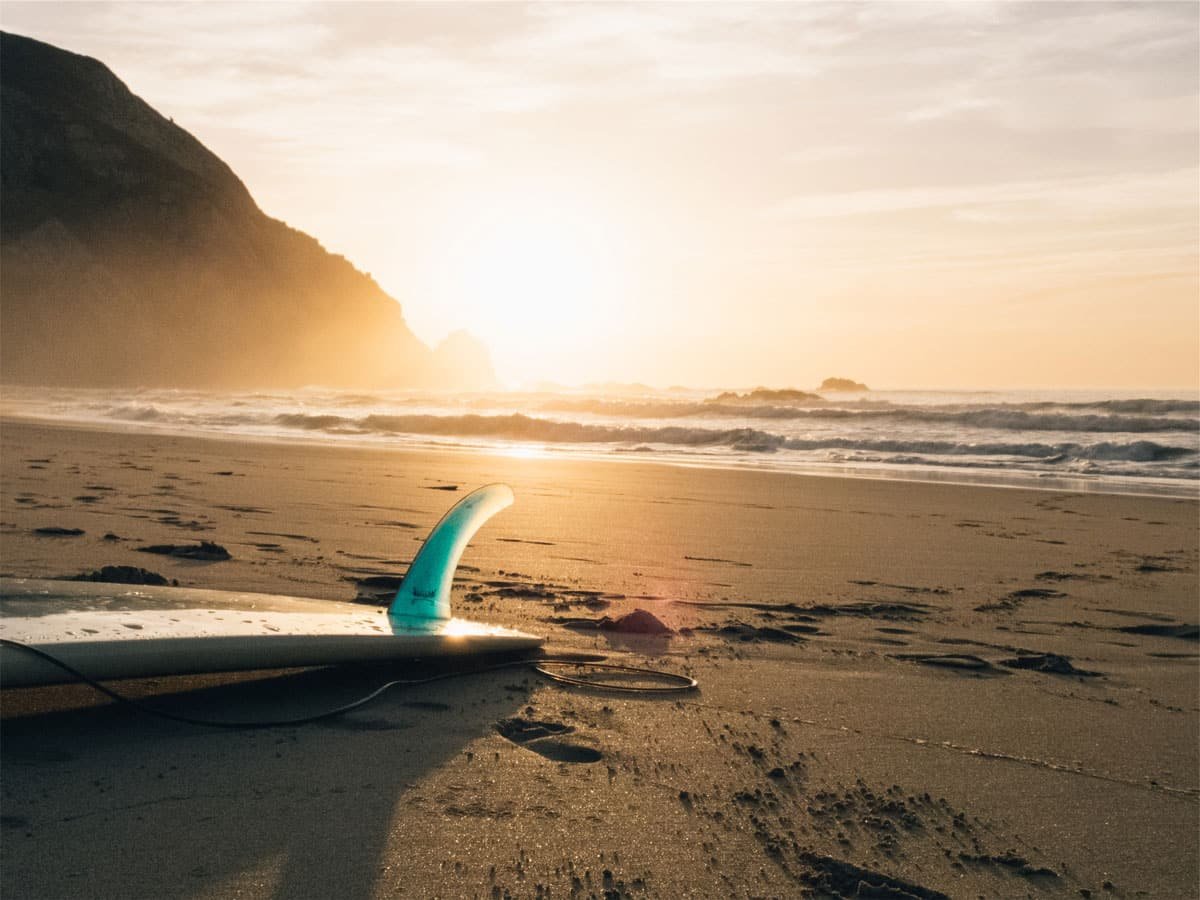Freshwater fishing in the United States offers endless opportunities, with millions of acres of lakes, rivers, and streams teeming with diverse species. To get started, obtain a fishing license, invest in quality gear, and familiarize yourself with local water conditions and regulations. Understanding habitats and behaviors of popular species like bass, trout, and walleye increases your chances of landing a catch. Online resources, guides, and learning platforms provide valuable insights and techniques to refine your skills. As you explore the world of freshwater fishing, you'll discover new species, strategies, and experiences that await you just beneath the surface.
Key Takeaways
- Freshwater fishing opportunities exist in lakes, reservoirs, ponds, streams, and rivers across the United States, with each state offering unique experiences.
- Obtaining a valid fishing license is essential, as it regulates the industry and maintains sustainable fishing practices.
- Understanding the waterbody's structure, including depth and vegetation, increases the chances of landing a catch.
- Familiarizing oneself with local water conditions and adapting to changing weather patterns is crucial for a successful fishing trip.
- Respecting the environment and adhering to regulations ensures freshwater fishing can be enjoyed for generations to come.
Freshwater Fishing Basics Explained
Across the United States, freshwater fishing opportunities abound, with every state boasting an array of lakes, reservoirs, ponds, streams, and rivers that offer anglers a chance to reel in their next big catch. Before casting a line, understanding the basics of freshwater fishing is vital. Obtaining a fishing license is a must, as it helps regulate the industry and maintain sustainable fishing practices. Furthermore, water quality plays a vital role in maintaining a healthy fish population. Anglers should be aware of local water conditions and take necessary precautions to prevent pollution. By respecting the environment and adhering to regulations, freshwater fishing can be enjoyed for generations to come.
Essential Fishing Tips and Tricks
When it comes to reeling in a prized catch, a combination of knowledge, patience, and technique is essential, and mastering a few key freshwater fishing tips can substantially improve an angler's chances of success. First, verify you have a valid fishing license, as regulations vary by state. Next, invest in quality fishing gear tailored to your target species. Familiarize yourself with the waterbody's structure, including depth and vegetation, to increase your chances of landing a catch. Pay attention to weather patterns, as changing conditions can affect fish behavior. Finally, experiment with different baits and lures to find what works best for your target species. By following these essential tips and tricks, you'll be well on your way to a successful freshwater fishing adventure.
Popular Freshwater Fish Species
Among the numerous freshwater fish species, several stand out as particularly popular among anglers, including bass, trout, and walleye, which can be found in a variety of fishing spots across the country. These species are prized for their fighting spirit and flavorful flesh. Understanding their habitats and behaviors is essential to landing a catch.
| Species | Habitats | Fishing Challenges |
|---|---|---|
| Bass | Weeds, structures, and shallow waters | Strong fighters, require sturdy tackle |
| Trout | Cold, oxygen-rich waters with cover | Elusive, demand precise casting and presentation |
| Walleye | Rocky structures, weed beds, and drop-offs | Reluctant biters, require patience and persistence |
| Panfish | Vegetation, submerged structures, and shallow waters | Delicate, demand light tackle and finesse |
Fishing Resources and Guides
Numerous online resources and guides are available to support anglers of all skill levels, providing valuable insights, tutorials, and expert advice to enhance their freshwater fishing experiences. To guarantee responsible fishing practices, one must obtain the necessary Fishing Licenses, which vary by state and often involve conservation efforts. The Recreational Boating and Fishing Foundation (RBFF) offers a wealth of information on fishing and boating programs, initiatives, and industry trends. Additionally, online guides and tutorials provide step-by-step instructions on fishing techniques, gear selection, and species identification. These resources empower anglers to make informed decisions, promoting sustainable fishing practices that conserve freshwater ecosystems for future generations. By leveraging these resources, anglers can refine their skills, deepen their appreciation for the sport, and contribute to the long-term health of freshwater fisheries.
Online Learning Platforms Available
Beyond online guides and tutorials, several online learning platforms are available to provide structured lessons and courses for anglers seeking to improve their freshwater fishing skills. These platforms offer online courses taught by experienced instructors, providing in-depth lessons on topics such as fish behavior, tackle selection, and fishing techniques. Virtual mentors are also available to provide personalized guidance and feedback. With flexible learning schedules and interactive content, these platforms cater to anglers of all skill levels. By leveraging these online resources, freshwater fishermen can refine their skills, expand their knowledge, and enhance their overall fishing experience.
Community News and Updates
Staying informed about the latest developments and trends in the freshwater fishing community is essential for anglers seeking to enhance their skills and stay ahead of the game. Community news and updates provide valuable insights into the world of freshwater fishing. Joining fishing clubs is an excellent way to connect with like-minded individuals, share knowledge, and learn from experienced anglers. Angler profiles, featuring stories of successful catches and fishing techniques, offer inspiration and guidance. Stay up-to-date with the latest news, trends, and events in the freshwater fishing community to refine your skills and stay ahead of the competition. By staying informed, anglers can adapt to changing fishing conditions, refine their techniques, and ultimately catch more fish.
Fishing Spots and Locations
Across the United States, a vast array of freshwater fishing spots awaits discovery, from serene lakes and meandering rivers to secluded ponds and bustling reservoirs. Anglers can explore diverse environments, each with its unique characteristics and challenges.
When searching for the perfect fishing spot, consider the following:
- Riverbed Exploration: Investigate river structures, such as bends, drop-offs, and weed beds, where fish tend to congregate.
- Local Waterways: Explore nearby lakes, ponds, and streams, which often provide an abundance of fish species and opportunities for beginners.
- Access Points: Look for fishing spots with easy access, such as boat launches, docks, or shorelines, to maximize your fishing experience.
Identifying Your Catch Made Easy
Identifying the species of your catch is a fundamental step in responsible fishing, as it enables anglers to make informed decisions about handling, releasing, and consuming their catch. Accurate fish identification is essential, as different species have unique characteristics, habitats, and conservation requirements. To make fish identification easy, anglers can use online resources, such as fish identification guides and apps. These tools provide detailed descriptions, images, and distinguishing features of various fish species. Additionally, understanding aquatic habitats and ecosystems can aid in identifying fish, as certain species are often found in specific environments. By mastering fish identification, anglers can guarantee sustainable and responsible fishing practices, while also enhancing their overall fishing experience.
Frequently Asked Questions
What's the Best Time of Day for Freshwater Fishing?
When it comes to peak fishing times, the early morning hours, coinciding with specific moon phases, often yield the best results, as fish tend to be most active during these periods of increased water movement and changing light conditions.
How Do I Handle a Fish After Catching It?
Did you know that 75% of anglers practice catch-and-release fishing? When handling a caught fish, prioritize fish welfare by wetting your hands, supporting its belly, and minimizing air exposure for a successful catch photo and a healthy release.
Are There Any Fishing Restrictions During Breeding Seasons?
During breeding seasons, fishing restrictions often apply to protect vulnerable species; understanding breeding patterns is vital for species protection, as it guarantees sustainable fishing practices and preserves ecosystems, maintaining healthy fish populations.
Can I Fish in Private Lakes and Ponds Without Permission?
As you cast your line, remember that private lakes and ponds are governed by property laws, respecting landowners' rights; seek permission before fishing to avoid trespassing and guarantee a harmonious angling experience.
How Do I Store My Fishing Gear to Prevent Damage?
To prevent damage, store your gear in a dry, climate-controlled space, utilizing gear organization systems like rod racks and tackle boxes; prioritize rod protection by storing rods upright, away from direct sunlight and moisture.
Conclusion
Freshwater fishing is a siren's call, beckoning anglers to the water's edge with promises of adventure and discovery. As the sun rises over the lake, the water's secrets wait to be uncovered, hidden beneath the surface like an unopened treasure chest. By mastering the basics and understanding the rhythms of nature, anglers can tap into the mysteries of the deep, reeling in a bounty of fish and memories to last a lifetime.









